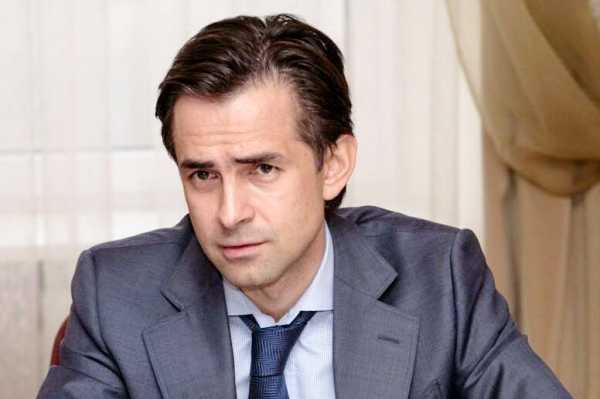Ukraine appoints controversial new tax service chief

Latest news for today in Ukraine

It took only five days for the Ukrainian government to find a new tax service chief after Serhii Verlanov was fired from the position on April 24.
But while Verlanov enjoyed a reputation for honesty among tax specialists, his replacement is proving quite controversial.
On April 29, Ukraine’s Cabinet of Ministers appointed Oleksiy Lyubchenko as head of the State Tax Service, Vasyl Mokan, the government representative in parliament, announced on his Facebook page.
This government’s decision and appointment procedure provoked an immediate negative reaction among tax experts, economists and even some lawmakers.
Lyubchenko could not be reached for comment.
For Illia Neskhodovskiy, a tax expert at the Reanimation Package of Reforms, Lyubchenko is a “dark horse” whose appointment raises serious questions about whether changes in Ukraine’s tax system will be carried out successfully.
It is even difficult to give an assessment of Lyubchenko’s professional skills, Neskhodovskiy said.
“For the past nine years, he has not participated in any tax discussions — neither from the Ministry of Finance’s side, nor from the side of lawmakers, experts or the tax service,” he told the Kyiv Post.
Lyubchenko’s appointment was also unexpected for Volodymyr Dubrovsky, senior economist at the CASE Ukraine nonprofit. “I’m hearing his name for the second time in my life,” he said.
Previously, Lyubchenko held the position of deputy head of the State Tax Administration between 2009 and 2011. Appointed during the time when Yulia Tymoshenko was Ukraine’s prime minister, he was fired one year after Viktor Yanukovych was elected as the fourth president of Ukraine in 2010. Yanukovych would later be ousted by the EuroMaidan Revolution in 2014.
Yulia Klymenko, a lawmaker with the 20-member Golos (Voice) faction in parliament, wrote on Facebook that Lyubchenko cannot lead the tax service since he falls under the lustration law, which bans Yanukovych-era officials from holding top public offices.
“Indeed he falls under the lustration law, as he held a managerial position before EuroMaidan, but it is hard to make conclusions (without more information),” Neskhodovskiy said.
However, there is at least one obvious positive in Lyubchenko’s career, he said: The official didn’t work at the time when Oleksandr Klymenko was appointed head of the State Tax Administration in late 2011.
After EuroMaidan swept many Yanukovych-affiliated officials from Ukraine, Klymenko was accused of stealing Hr 3 billion from the state budget and several more crimes.
Non-transparent procedure
For Dubrovsky, the main problem with Lyubchenko’s appointment as tax service chief is that it was not conducted transparently and “nobody knew this candidate in advance, nobody knew his program.”
“Democracy is the procedure, and if the procedure is not welcomed, then there is a high chance that the person appointed will just be a puppet of some oligarchs,” Dubrovsky said. “He also can be incompetent.”
Dubrovsky also terms Verlanov’s firing “nonsense,” as the dismissal procedure was not transparent. “It should have been done through public discussions of (his) achievements and failures as tax service chief,” he said.
But for Neskhodovskiy, the principal reason why Verlanov was fired and Lyubchenko was appointed is the government’s desire to put “their guy” in the position.
“For nine years, this person wasn’t in the tax system, and suddenly he appears. The question remains open as to how he will continue to reform the State Tax Service,” he said.
According to Neskhodovskiy, during Verlanov’s tenure, 80% of illegal gas stations were closed in Ukraine, forcing their owners to lose billions of dollars on these corrupt schemes. In the past four months, the tax service has also achieved impressive results in bringing Ukraine’s alcohol industry out of the shadows, he said.
“Someone really wanted to change this person,” Neskhodovskiy added.